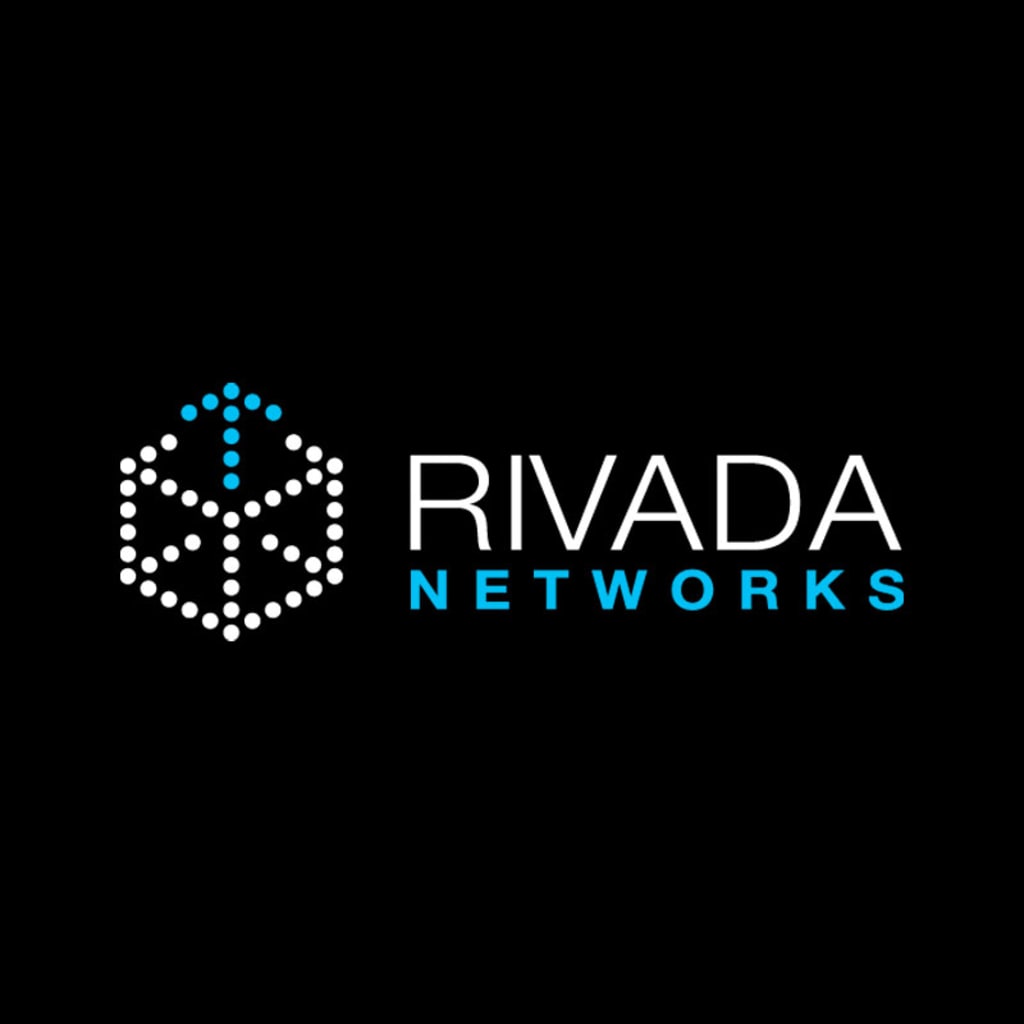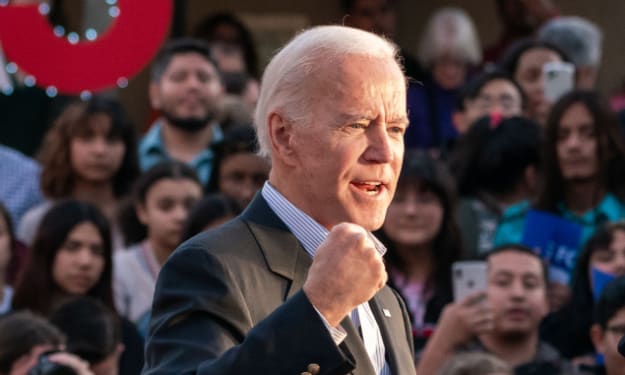How a company you have never heard of will shape the next decade.
Another Republican Money Machine

The biggest thing going in tech right now brings with it a promising expansion of our technological future coupled with yet another wave of trillions in cash. I’ll leave it to the tech writers to discuss all the potential wonders 5G wireless speeds promise and focus strictly on the money. There is an interesting story happening right now and its fairly low key given how much money we are talking about and who stands to make that money.
Before we dive in, some background.
The radio waves used to allow communications between everything from old school pagers to your car remote are all managed by the FCC. These radio waves are divided into bandwidth ranges, or spectrums, and different entities lease them. Side note, one of the reasons cellphone companies have different “coverage” in the same area reflects more about the spectrum they are using than their technology. Broader wave ranges penetrate, narrow ranges travel further. The last big auction of a spectrum was the 700MHz Wireless auction in 2008. You may not remember the auction, but you felt the ground shift before it happened, and you have been living with the results since.
Prior to 2008, cell phones and television stations used completely different spectrums. As there are a finite number of radio wave lengths, the 21st century quickly became a jam-packed superhighway of competing signals. Television used an analog signal, and the information to bandwidth ration was horrible, so to make room people got together and decided to move broadcast TV to a digital signal, freeing up 700MHz for use by technology that could better utilize it. 4G was born. The sale of that small range of broadcast bandwidth netted the government 19.6 billion dollars. The two largest purchasers, Verizon and AT&T, became the biggest players in the mobile game, snapping up smaller companies and merging with the rest. Since they purchased those spectrums, they have earned profits closing in the hundreds of billions every year. Not a bad investment.
So, where does 5G fit into this?
We still have a lack of new spectrums, so 5G needs to use an existing corridor. Following the seismic industry shifts after the 2008 auction, you can imagine that access to this will be a BFD and a huge advantage for those that invest wisely. Apple is shipping 5G phones, Samsung is promising a January release, and everyone is terribly excited to see how this is all going to shake out. Who will get the highest bid? Will Google join the fray once more? (They did in 2008 to try and force some neutrality rules but didn’t actually purchase.)
As you are painfully aware, dear reader, this isn’t 2008.
Remember up there where we said that 5G will need an existing spectrum? It turns out, the Pentagon has just the thing. Military communications use spectrums that are not available to the public, and our military has a few laying around gathering dust. Back in August, a 70 MHz slice of the spectrum in question sold for 4.5 billion, and the current request is for 5 times that range. Oddly enough, you have probably heard nothing about the great 2020 bandwidth auction. That’s because it’s not happening. Enter a tiny little company called Rivada Networks. Jake Tapper had a story about them over on CNN, but I’ll summarize. Rivada Networks, according to Dunn and Bradstreet, is part of a collection of 4 small companies located in the US and Ireland. Overall earnings are modest, a few million dollars. They are important to this story, though, because currently Rivada is the only vendor being pushed by White House Chief of Staff Mark Meadows. The Trump administration is putting pressure on the Pentagon to allow this company to enter an RFP (request for purchase) for the entirety of the remaining 350MHz bandwidth.
To sum up our story so far, the White House is pressuring the Pentagon to sell a range of radio bandwidth potentially worth trillions of dollars to a company that has a net worth of less than a couple of Trump’s golf outings.
My question is “Why in the world are they being considered?” To discover this, I started digging into Rivada. This company has only two lobbyist listed in opensecrets.org. Bachner Group and Karl Rove. Bachner Group is chaired by Carrie Bachner, a former Senior Advisor to Homeland Security and Karl Rove is one of the most significant Republican strategist in the last 100 years. I’m already beginning to see ties between this little company and the Republican Party and we have barely scratched the surface.
Who are the people that run Rivada? James Loy, former acting Director of Homeland Security under G.W., is a board member and advisor. Ken Fields, Florida real-estate mogul, is Director of Market Development. Senior VP is Bill Esray, former chief exec of Sprint. Declan Ganley, no stranger to right wing politics in both the US and Europe, serves as CEO. There is speculation surrounding how many Republican Senators are invested but there isn’t a public record – yet.
The next big question is how a small company like this can scrape together the money to purchase something so lucrative. Even with no-bid, the price is going to be much more than the company assets seem to allow. Peter Thiel, the billionaire tech Trump supporter and Facebook backer, is an investor. This means they have an almost limitless fund to draw from, and Thiel isn’t known for making bad bets.
That is a lot of power and money backing this unknown little company. What is the payoff? How lucrative do you think it will be if every teleco in the country must pay this tiny little company for every 5G connection made? The potential for profit is staggering. At the top of this article, I pointed out that the FCC manages all of this, ostensibly to ensure that monopolies don’t happen and that the people have their interests protected. This transaction isn’t in front of the FCC though. They have been bypassed.
There are a number of Washington insiders and Republican supporters that are about to make a great deal of money, all because the Trump administration is trying to ram through a no-bid RFP on a property so valuable it will define the 2020’s and beyond. What we don’t know (yet) is who will eventually be the big winners from this money machine, and how Trump is leveraging this government asset for his own personal gain.
The Art of the Deal indeed.
About the Creator
Nicholas Dark
50 Something family man with a nasty writing habit. I hold a unique viewpoint, as I am from a tiny rural midwestern town but hold a very Progressive view on most things.






Comments
There are no comments for this story
Be the first to respond and start the conversation.